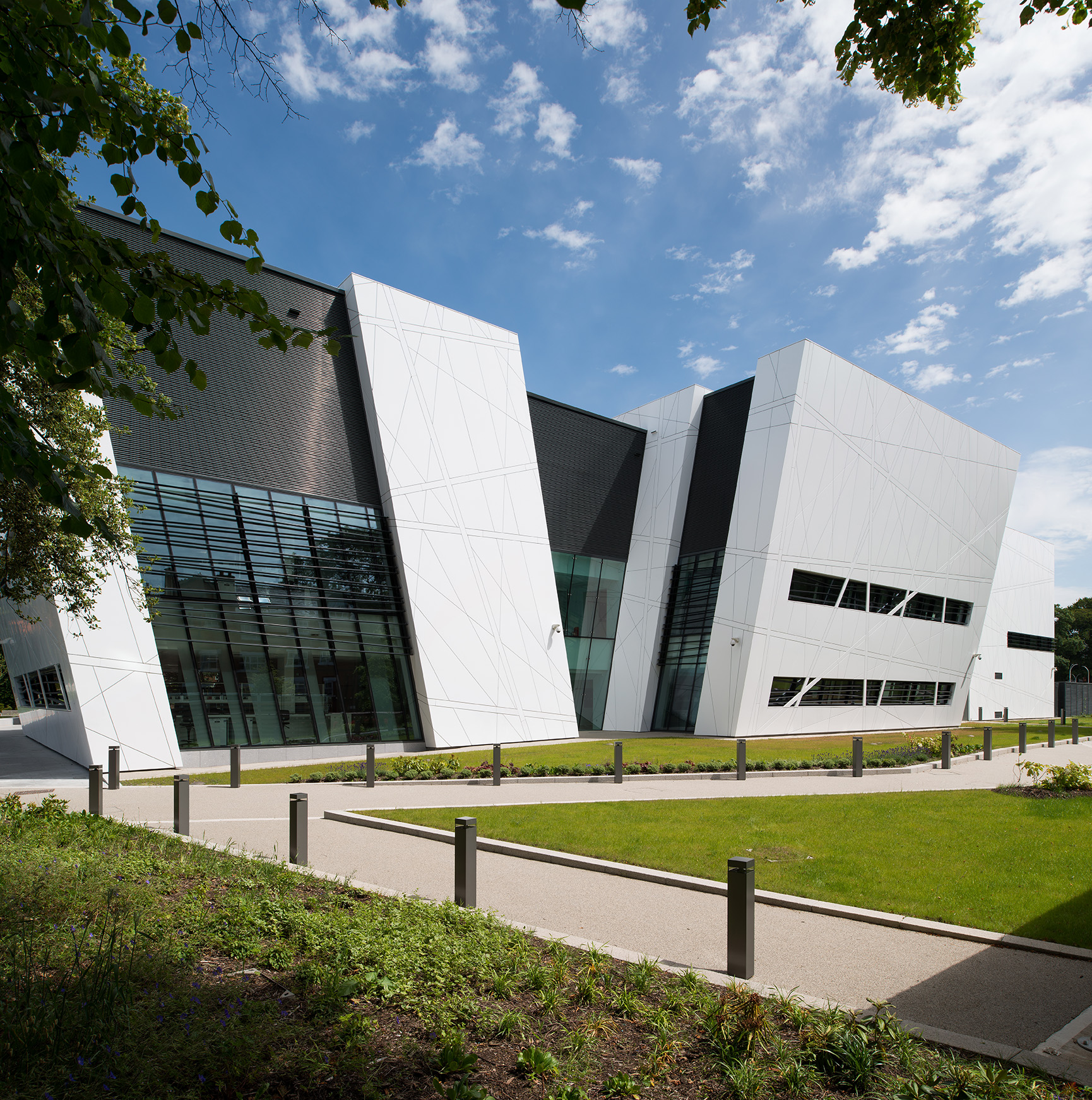Closing date: 15/11/2024
Clinical Research Training Fellowship Project: Beyond BRCA1/2: dissecting drivers of chromosome instability in high–grade serous ovarian cancer
Lead Supervisors: Dr Robert Morgan
Co-Supervisors: Dr Camilla Coulson-Gilmer, Dr Bethany Barnes, Prof. Stephen Taylor
Applications Deadline: Friday 15th November 2024
Interviews: Friday 17th January 2025
Clinical Research Training Fellowship start date: September 2025
Project Keywords: Chromosomal instability; DNA damage repair; PARP inhibitors
Research Opportunity: Clinical Research Training Fellowship leading to the award of PhD
Project Outline
High-grade serous ovarian cancer (HGSOC), the commonest OC histological subtype, is a lethal disease, with a 5-year survival of ~30% for women presenting with advanced-stage disease. The molecular hallmark of HGSOC is a highly disordered genome, consistent with rampant chromosomal instability (CIN), where complex structural variants (e.g., large deletions, duplications, insertions, translocations) occur throughout the tumour genome. Indeed, CIN is associated with the prevalence of metastatic disease and chemotherapy-resistance, although crucially, the oncogenic drivers of HGSOC-specific CIN are poorly understood.
Approximately 20% of patients with HGSOC have an inherited loss-of-function mutation that predisposes them to developing cancer. The commonest genes linked to hereditary HGSOC are BRCA1/2, although mutations in rarer genes such as BRIP1, PALB2, RAD51C/D also substantially increase the risk. These genes are involved in homologous recombination (HR), a high-fidelity DNA double-strand break repair pathway that maintains chromosomal stability. Importantly, the rarity of HGSOCs harbouring a germline non-BRCA1/2 HR gene mutation (~5%) hinders our understanding of their influence on CIN and impairs our ability to predict responses to highly effective targeted poly(ADP-ribose) polymerase inhibitors (PARPi).
This project aims to understand the relationship between mutations in non-BRCA1/2 HR genes, CIN and PARPi sensitivity. Experimental models with loss-of-function mutations in BRIP1, PALB2, RAD51C/D will be generated using CRISPR/Cas9 technology in fallopian tube epithelial cells, a precursor of HGSOC. Each model will be interrogated for HR-deficiency and PARPi sensitivity using cell-based assays, whilst concurrent whole-genome and RNA sequencing will be performed to discover consequential acquired patterns of CIN. Finally, whole-genome data and PARPi responses from patients treated for HGSOC at The Christie will be assessed to validate the veracity of these models.
Altogether, the Fellow will learn a comprehensive set of wet-lab and bioinformatic skills, taught by an expert team of clinicians and scientists, in a highly collaborative, translationally focussed, state-of-the-art lab.
Applications for this project are now open. Please complete your application on The University of Manchester website.
About Dr Robert Morgan (project Lead Supervisor)
Robert Morgan is an Academic Medical Oncologist with expertise in ovarian cancer and clinical genetics. His major research interest involves understanding the pathogenesis of high-grade serous ovarian cancer. He completed his PhD in Cancer Biology at The University of Manchester with Professor Stephen Taylor, developing technical proficiency in all experimental methods described in this proposal. His collaborative work with Camilla Coulson-Gilmer and Bethany Barnes has already led to several publications in high-impact journals. His aspiration is to become a Clinician Scientist, working in close partnership with scientists, with a collective vision focused on improving outcomes for women with ovarian cancer.

Key information
Before submitting an application, please ensure you have read the information below about the funding arrangements and eligibility for the Leeds-Manchester Clinical Research Training Fellowships.
We also encourage you to get in contact with the lead supervisor to discuss the project and any particulars.
Further information is available on the Clinical Research Training Fellowships webpage.
The clinical fellowships are usually tenable for three years, although in certain circumstances they may be four years duration.
The Fellowship covers:
- running expenses,
- an appropriate salary in line with the applicant’s current salary and grade
- full coverage of University PhD fees at the UK/home fee rate.
International Candidates
The University of Manchester aims to support the most outstanding applicants from outside the UK.
We are able to offer a limited number of bursaries to high-performing EU and international candidates, covering PhD fees only. Bursaries do not include financial support for visa/health surcharges.
We assess each EU and international candidate’s suitability for a bursary at the application and interview stages.
You must be a post-registration clinician, and ideally have a specialist post in a related subject, to apply for our Clinical Research Training Fellowships.
You should also hold, or be about to obtain, a minimum upper second class (or equivalent) undergraduate degree in a relevant subject. A related master’s degree would be an advantage.
It is generally expected that CRTFs will return to a training programme in the UK upon completion of their research degree.
International applicants (including EU nationals) must ensure they meet the academic eligibility criteria (including English Language) before contacting potential supervisors to express an interest in their project. Eligibility information can be found on the University’s Country Specific information page.
Key dates
- Applications open: 11th October 2024
- Application deadline: 15th November 2024
- Interviews: 17th January 2025
- Start date: September 2025
Useful Links
Submit your application
Interested in applying for this opportunity? Go to The University of Manchester website to submit your application.
Clinical Research Training Fellowships
Discover our various opportunities for clinicians looking to undertake a period of PhD training in a cancer-relevant field.
Get in Touch
Contact Dr Georgina Binnie-Wright, Postgraduate Programme Manager.
Researcher Stories
Read first-hand experiences of from cancer scientists from across Manchester.
Why Manchester?
Find out why postgraduate students choose to study in Manchester.
A Day in the Life of a Clinical PhD Student
Watch our short video to see what it's like to be a Clinical Research Training Fellow in Manchester.





